
The use of blast furnace slag
.jpg)
Use of blast furnace slag in cementitious materials for
2023年6月1日 Xu et al (2020) investigated the effects of incorporating fly ash and blast furnace slag on the mechanical properties and durability of Portland cement concrete pavements The Liquid blast furnace slag cooling regimes traditionally include aircooling, granulating (wet), expanding, and pelletizing, and result in four distinct types of blast furnace slag: aircooled Blast Furnace Slag an overview ScienceDirect Topics2019年1月1日 In this regard, this review study aims to provide an overview of and a collective approach to various uses of blast furnace and steelmaking slag in diverse applications and An Overview of Utilization of Blast Furnace and Steelmaking Slag Use of granulated blast furnace slag has become increasingly popular in the manufacture of blended cement, generally referred to as Portland Slag Cement (PSC)THE USE OF BLAST FURNACE SLAG Semantic Scholar
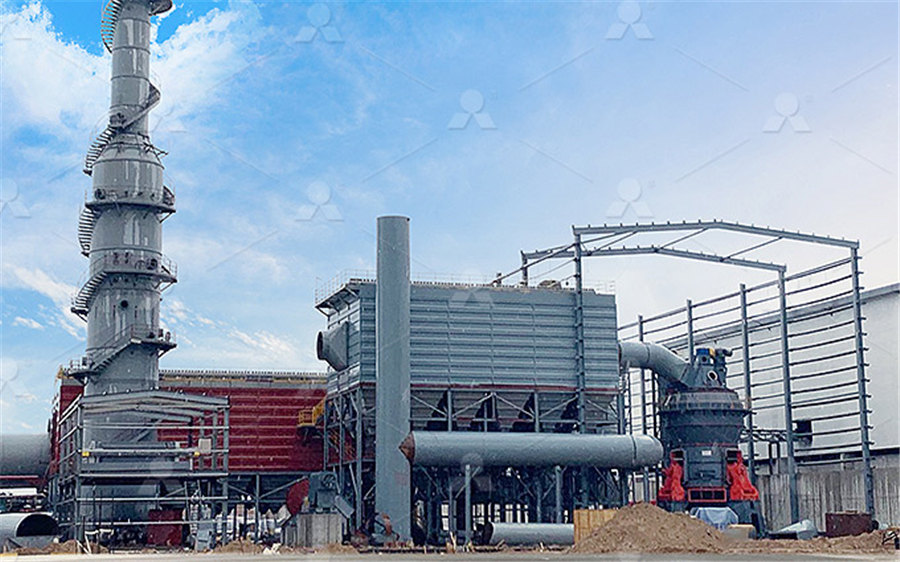
Full article: Comprehensive utilisation of blast furnace slag
2023年7月21日 To a certain extent, physical sensible heat recovery of blast furnace slag is the last and biggest goal in the field of blast furnace waste heat recovery The method of chemical 2024年6月26日 introduce the current status quo of comprehensive utilisation of blast furnace slag from the current blast furnace slag sensible heat recovery of molten steel 1 Overview of Comprehensive utilisation of blast furnace slag Taylor 2022年7月18日 In some studies, it has been demonstrated that using a composite mineral admixture known as groundgranulated blastfurnace slagsteel slag composite binder can increase the fluidity of fresh concrete, A Comprehensive Review on the Ground The paper presents the results of experimental research that dealt with the substitution of fi nely ground blast furnace slag for Portland cement in the course of simple concrete manufacturing THE USE OF BLAST FURNACE SLAG Srce
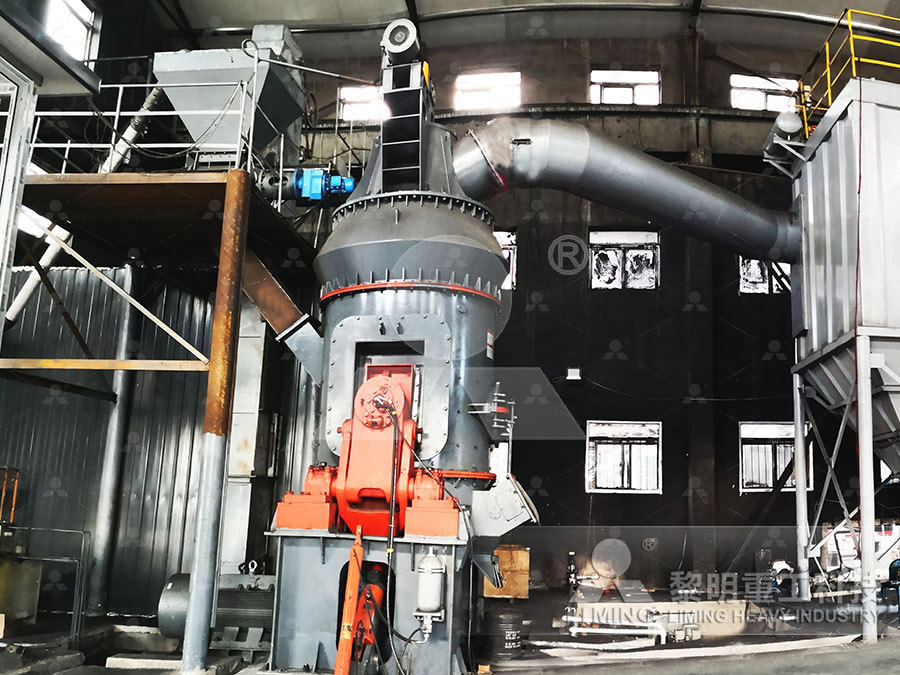
The Use of Blast Furnace Slag for Removal of
2010年10月28日 Research on Phosphorus (P) removal capacity by blast furnace slags (BFS) has been undertaken in Sweden for the last decade Both laboratory experiments and field trials have been carried out While laboratory Blast furnace slag cement is the mixture of ordinary Portland cement and fine granulated blast furnace slag obtained as a by product in the manufacture of steel with percent under 70% to that of cement Ground granulated blast furnace Blast Furnace Slag Cement – Manufacture, 2023年7月21日 There is a technology abroad that can use for blast furnace slag to produce glassceramic products, the preparation of highgrade, highstrength, high valueadded glassceramic from blast furnace slag has a very broad market prospect in construction, decoration, and industry as wearresistant, corrosionresistant, hightemperature resistant Full article: Comprehensive utilisation of blast furnace slagGround granulated blast furnace slag (GGBS) is a coproduct of the iron and steel industry, formed in the blast furnaces that create iron out of iron ore It has been used as a supplementary cementitious material in concrete around the world The efficient use of GGBS in reducing global

Blast Furnace Ironmaking SpringerLink
2023年10月6日 The main product of blast furnace ironmaking is pig iron, and its byproducts are blast furnace slag and blast furnace gas Pig iron can be divided into steelmaking pig iron, casting pig iron, and special pig iron according to its composition and use Blast furnace slag is used in the form of water slag or dry slag in the manufacture of cement V Václavík, V Dirner, Institute of Environmental Engineering, T Dvorský, Faculty of Mining and Geology, VŠB Technical University of Ostrava, J Daxner, DDaxner Technology, Ltd, Ostrava, Czech Republic The paper presents the results of experimental research that dealt with the substitution of fi nely ground blast furnace slag for Portland cement in the course of simple THE USE OF BLAST FURNACE SLAG Semantic Scholar2010年10月28日 Research on Phosphorus (P) removal capacity by blast furnace slags (BFS) has been undertaken in Sweden for the last decade Both laboratory experiments and field trials have been carried out While laboratory investigations revealed that BFS has a high Psorption capacity (95–100%), P removal in field trials was much lower, ranging from 40 to 53% In The Use of Blast Furnace Slag for Removal of Phosphorus 2016年6月1日 The use of blast furnace slag and steel slag as the major raw materials in the preparation of artificial reef concrete not only provides an potential solution for the comprehensive utilization of byproducts from steel manufacturer, but offers an opportunity to improve the material greenness and lower the material cost of artificial reefs as On the use of blast furnace slag and steel slag in the
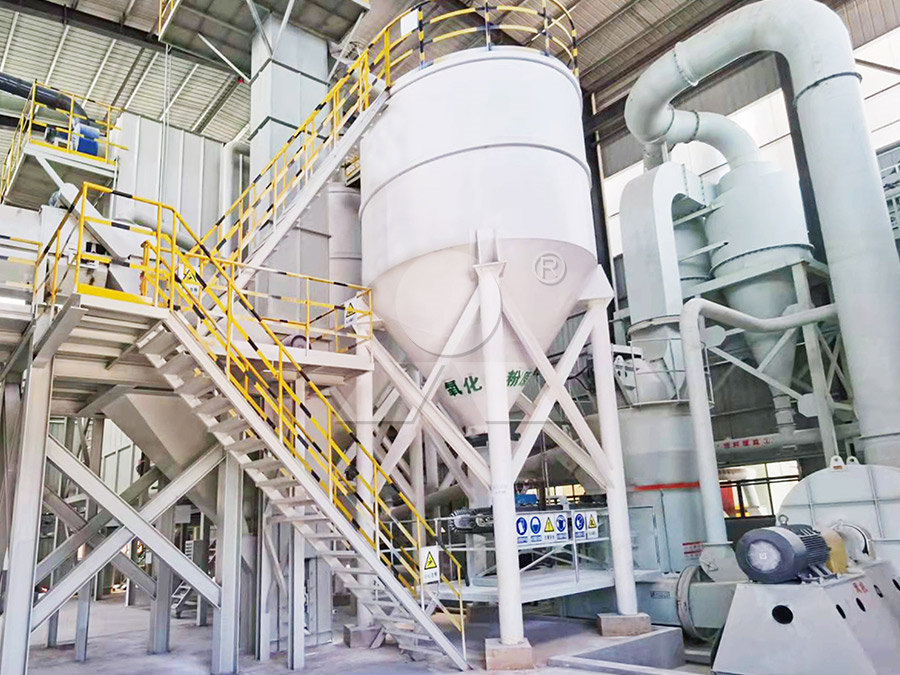
Improvement of twocomponent grouts by the use of
2022年4月1日 SculteSchrepping and Breintenbücher (2019) demonstrated the interest of using ground granulated blast furnace slag (GGBS), fly ash, or metakaolin to replace some of the ordinary Portland cement (OPC) According to these authors, the higher calcium content of the slag, compared to the other AlSi materials, allows faster jellification and The most considerable solid waste generated in the iron and steel industry is BFS, and the rational utilization of BFS can reduce environmental pollution and energy consumption [13]Traditionally, blastfurnace slag has been used for construction materials and other products, including slag cement, gypsum, hollow bricks, microcrystalline glass, refractories, seabed Unlocking the potential: A comprehensive review on blast furnace slag 2022年11月28日 Blast furnace slag (also called fine granulated blast furnace slag [GGBFS]) is a material that we call as one of the supplementary cementitious materials Ground granulated blast furnace slag is the glassy material formed Blast Furnace Slag: Production, Types, 2019年4月29日 Concrete, Workability, Blast Furnace Slag 1 Introduction The use of fine blast furnace slag (BFS) is widely applicable to increase the strength of concrete, especially the late age strength However, there is an optimum point for the BFS added Above that point, increasing BFS amount will not remarkably increase concrete strengthThe Use of Fine Blast Furnace Slag in Improvement of
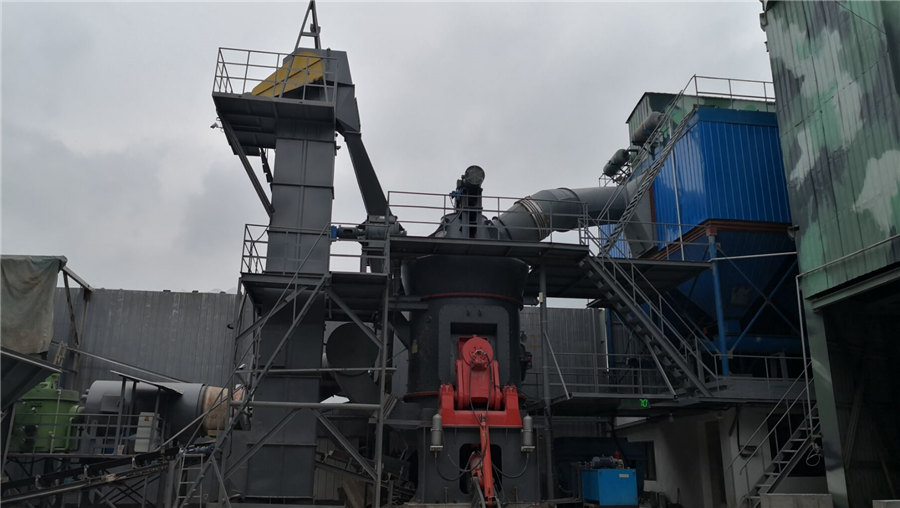
Microstructure and Durability of Ground Granulated Blast Furnace Slag
2020年11月23日 Ground granulated blast furnace slag is an ecofriendly material with regard to its production process and usage In this study, slag cement (SC) is used to prepare different slag cement mortar (SCM) mixes to study mortar microstructure perspectives, physiochemical properties, mechanical properties and durability performance The tests also included the DOI: 101515/GOSPO20170008 Corpus ID: ; CO2 mineral sequestration with the use of ground granulated blast furnace slag @article{UliaszBocheczyk2017CO2MS, title={CO2 mineral sequestration with the use of ground granulated blast furnace slag}, author={Alicja UliaszBocheńczyk and Eugeniusz Mokrzycki}, journal={Gospodarka Surowcami Mineralnymimineral CO2 mineral sequestration with the use of ground granulated blast 2011年10月27日 Ground granulated blast furnace slag (GGBS) can be blended with Portland cement to give a concrete that may have technical or price advantages, but in some countries there are limits on the alumina content (which may in turn restrict the use of iron ores from parts of the world where the gangue is more aluminous)Basics of slag production Article on the slag industry Global Slag2024年5月13日 Ground granulated blastfurnace slag (GGBFS), sometimes simply referred to as “slag”, is a glassy granular material formed when molten blastfurnace slag is rapidly chilled, as by immersion in water It is a nonmetallic product, consisting of silicates and aluminosilicates ofGround Granulated BlastFurnace Slag: Its Chemistry and
.jpg)
CO2 mineral sequestration by using blast furnace slag: From
2021年1月1日 CO 2 mineral sequestration is a promising strategy to combat global warming Indirect CO 2 mineral sequestration was proposed in our previous study by using blast furnace slag as feedstock As the continuity of this research, the continuous experiment process was carried out in a selfdesigned rotary kiln, and the results were compared with those of the 2011年1月1日 Ground granulated blast furnace slag (GGBS) is a byproduct from the blastfurnaces used to make iron Blastfurnaces are fed with controlled mixture of ironore, coke and limestone, and operated at a temperature of about 1,500#176;C When ironore, coke andGround Granulated Blast Furnace Slag SpringerLink2005年2月1日 The use of slag in the iron blast furnace The dissection of quenched experimental and operating blast furnaces, especially the studies conducted in Japan 8,(PDF) Industrial uses of slag The use and reuse of iron and Specification for Ground Granulated Blast Furnace Slag for use in Concrete and Mortars”, though this has now been superceded by ASTM C 989 – C 989M1613 which is the “Standard Specification for Slag Cement for use in Concrete and Mortars” The ASTM Standard12 describes three grades of GGBFS –Ground Slag Properties, Characterisation and Uses
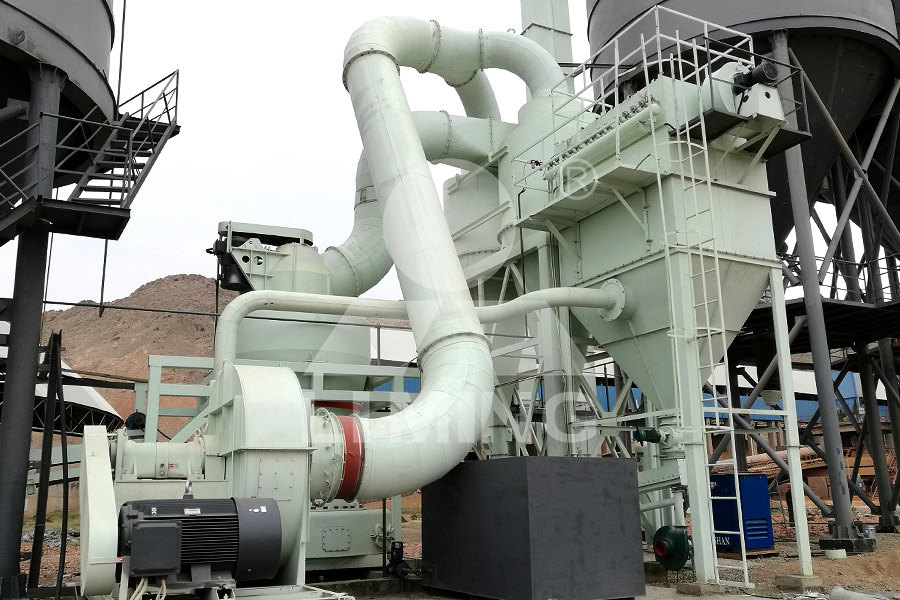
A Comprehensive Review on the Ground
2022年7月18日 With respect to the mechanical properties, durability and thermal behavior, groundgranulated blastfurnace slag (GGBS) delineates a rational way to develop sustainable cement and concrete2015年6月1日 Different types of slag are produced in the various furnaces used Blast furnace slag (ie, Fe slag) is produced in a blast furnace simultaneously with Fe Iron oxides are reduced to molten Fe in the furnace by adding a flux such as limestone or dolomite and a fuel and reductant such as coke (Fig 2) Molten Fe slag can solidify by slow Characteristics and environmental aspects of slag: A review2019年12月12日 Blast furnace slag (BFS) has been widely studied and used, which can be processed into a variety of valuable materials It is highly regarded as an environmentally friendly material that can protect the environment by What Are the Uses of Blast Furnace Slag (BFS)?Aircooled blast furnace slag has been extensively used as a construction aggregate 532 Granulating Although the history of the use of blast furnace slag can be dated back to as early as 350 BC, it had been basically used as an aggregate material, until the hydraulicity of granulated blast furnace slag was found Now, granulation is Granulated Blast Furnace Slag ScienceDirect Topics
.jpg)
Performance study of alkaliactivated phosphate slaggranulated blast
2023年6月27日 The workability, mechanical properties, and hydration of alkaliactivated phosphorus slag—granulated blast furnace slag (AAPG) were characterized using fluidity, setting time, compressive strength, flexural strength, hydration heat, XRD, FTIR, TGDSC, and SEM + EDS The results show that GBFS can improve the fluidity of AAPG, but the slurry 2017年9月21日 handling of iron blastfurnace slag leaving the blast furnace The use of granulation produced glassy material that played an important part in the development of iron blastfurnace slag as a hydraulic binder ( Thomas 1979 ) This development resulted in the first commercial use of slaglime cements in Germany in 1865233R17: Guide to the Use of Slag Cement in Concrete 2016年2月5日 The quality of raw materials (iron ore, coal, and coke) has a clear impact on the carbon emissions of the hot metal production in steel making So far, very little work has been done to measure and quantify this impact Yet for benchmarking, technology choice and general carbon optimization are important elements The total slag production of a blast furnace gives The Carbon Cost of Slag Production in the Blast Furnace: AThe low recycling for reuse of LS slag was mainly attributed to its volume instability ie disintegration of slag during cooling due to phase transformation and wideranging slag composition [20 Typical chemical composition of blast furnace slags

Industrial uses of slag (the use and reuse of iron and steelmaking
2013年7月18日 During ironmaking as well as during steelmaking, significant amounts of slag are produced Two decades ago, more than 13 million tonne (mt) of blast furnace slag and 4 mt of steelmaking slag per annum were produced in the USA alone It is therefore not surprising that many attempts have been made to reuse iron and steelmaking slags2016年6月1日 In this study, the physicochemical properties of four different types of slag, blast furnace slag, basic oxygen furnace slag, electric arc furnace slag and ladle refining furnace slag, are illustrated The challenges and barriers in direct use of steel slags in civil engineering are comprehensively summarized To overcome the barriers of slag On the use of blast furnace slag and steel slag in the Blast furnace slag cement is the mixture of ordinary Portland cement and fine granulated blast furnace slag obtained as a by product in the manufacture of steel with percent under 70% to that of cement Ground granulated blast furnace Blast Furnace Slag Cement – Manufacture, 2023年7月21日 There is a technology abroad that can use for blast furnace slag to produce glassceramic products, the preparation of highgrade, highstrength, high valueadded glassceramic from blast furnace slag has a very broad market prospect in construction, decoration, and industry as wearresistant, corrosionresistant, hightemperature resistant Full article: Comprehensive utilisation of blast furnace slag

The efficient use of GGBS in reducing global
Ground granulated blast furnace slag (GGBS) is a coproduct of the iron and steel industry, formed in the blast furnaces that create iron out of iron ore It has been used as a supplementary cementitious material in concrete around the world 2023年10月6日 The main product of blast furnace ironmaking is pig iron, and its byproducts are blast furnace slag and blast furnace gas Pig iron can be divided into steelmaking pig iron, casting pig iron, and special pig iron according to its composition and use Blast furnace slag is used in the form of water slag or dry slag in the manufacture of cement Blast Furnace Ironmaking SpringerLinkV Václavík, V Dirner, Institute of Environmental Engineering, T Dvorský, Faculty of Mining and Geology, VŠB Technical University of Ostrava, J Daxner, DDaxner Technology, Ltd, Ostrava, Czech Republic The paper presents the results of experimental research that dealt with the substitution of fi nely ground blast furnace slag for Portland cement in the course of simple THE USE OF BLAST FURNACE SLAG Semantic Scholar2010年10月28日 Research on Phosphorus (P) removal capacity by blast furnace slags (BFS) has been undertaken in Sweden for the last decade Both laboratory experiments and field trials have been carried out While laboratory investigations revealed that BFS has a high Psorption capacity (95–100%), P removal in field trials was much lower, ranging from 40 to 53% In The Use of Blast Furnace Slag for Removal of Phosphorus
.jpg)
On the use of blast furnace slag and steel slag in the
2016年6月1日 The use of blast furnace slag and steel slag as the major raw materials in the preparation of artificial reef concrete not only provides an potential solution for the comprehensive utilization of byproducts from steel manufacturer, but offers an opportunity to improve the material greenness and lower the material cost of artificial reefs as 2022年4月1日 SculteSchrepping and Breintenbücher (2019) demonstrated the interest of using ground granulated blast furnace slag (GGBS), fly ash, or metakaolin to replace some of the ordinary Portland cement (OPC) According to these authors, the higher calcium content of the slag, compared to the other AlSi materials, allows faster jellification and Improvement of twocomponent grouts by the use of The most considerable solid waste generated in the iron and steel industry is BFS, and the rational utilization of BFS can reduce environmental pollution and energy consumption [13]Traditionally, blastfurnace slag has been used for construction materials and other products, including slag cement, gypsum, hollow bricks, microcrystalline glass, refractories, seabed Unlocking the potential: A comprehensive review on blast furnace slag













